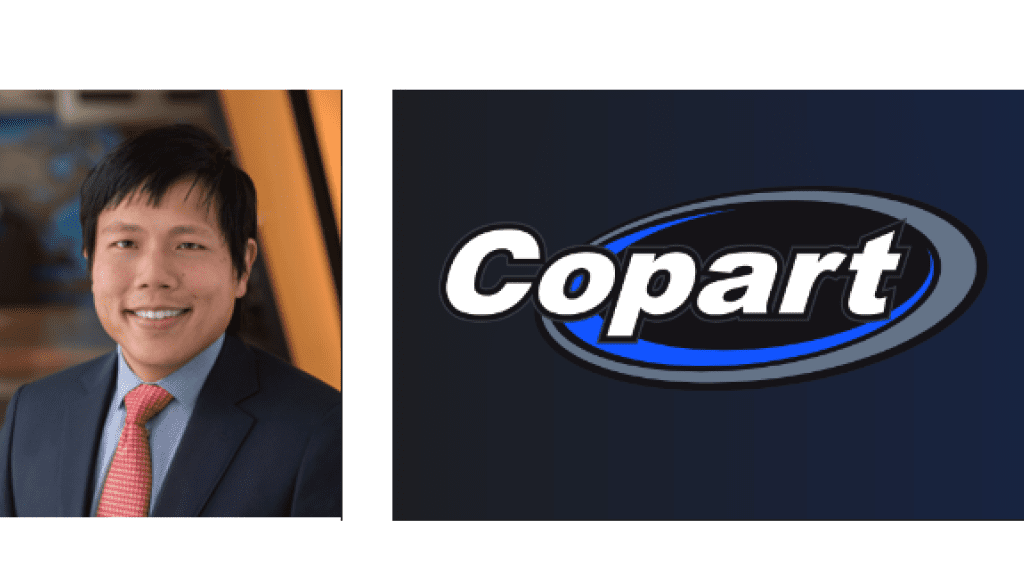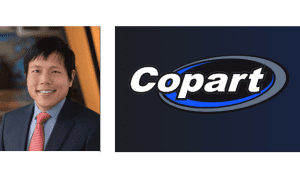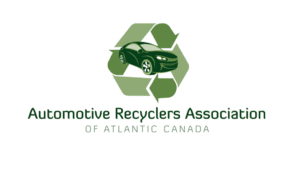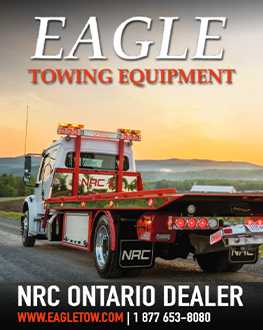Toronto, Ontario — The world’s largest auto salvage auction platform is reporting a very strong close to its financial year.
Texas-based Copart Inc. closed its fiscal year on July 31 with solid financial gains. The company’s fourth-quarter revenue hit US$1.1 billion, an increase of 5.2 percent from the same period last year. Its gross profit rose by 12.4 percent to US$510 million, while the company’s net income climbed 22.9 percent to US$396 million.
Earnings-per-share hit US$0.41, compared with US$0.33 a year earlier. For the full fiscal year, Copart reported revenue of US$4.6 billion, up 9.7 percent. Gross profit was US$2.1 billion, net income reached US$1.6 billion and earnings per share were US$1.59, a 13.6 percent increase.
Copart is best known for running one of the world’s largest online auction platforms for vehicles. It sells cars, trucks and specialty vehicles that are damaged, written off by insurers, repossessed by lenders or retired from fleets, as well as some that are still roadworthy. Most of its revenue comes from service fees charged when vehicles are sold through its auctions, though it also buys and resells vehicles directly. The company operates more than 250 yards in 11 countries and serves customers in over 185 countries.
Copart’s size gives it a central role when natural disasters or large accidents put thousands of damaged vehicles into the system at once. Its storage capacity and yard network let insurers offload inventory without delay, while dismantlers and exporters benefit from a steady supply of vehicles and parts. In 2025 the company estimated its resale and recycling activity helped avoid more than 12 million tonnes of carbon dioxide equivalent by extending vehicle life cycles and encouraging parts reuse.
Financially, Copart finished the year with more than US$2.5 billion in cash and no long-term debt. It continues to spend heavily on land, new facilities and technology to support growth. Recent investments have focused on expanding yard capacity and upgrading its proprietary auction platform. Management told investors that competition from repair shops makes it important to deliver faster cycle times, smoother title processing and higher returns for insurers, while international expansion remains a priority.























